
First Things First
To Live, to Love, to Learn, to Leave a Legacy
Recommendation
Most time-management schemes fail because they don’t address basic principles. But this is a rich, moving and powerful book for anyone who is open to its message. While the language is a little overblown, the basic message is truly profound. The authors have identified a clear path to a way of life that enriches the person, the people around, and the world at large. For principle-centered living, it is critical to focus on activities that are important, and not just urgent. We must learn to live by the compass of principles instead of focusing on the clock. We must also have the humility to understand that importance is defined by principles that are larger than our values. Don’t focus on urgent activities. Focus instead on important things – first things. Set principle-based goals. Try to do the right thing, for the right reason, in the right way. Focus on working with others to create win-win situations. Not everyone will be willing to live the humble, giving, and spiritual life, but for those who are, this book is all but unassailable. getAbstract recommends this book to everyone in business.
Summary
About the Authors
Stephen Covey is an internationally respected authority on leadership. He holds an MBA from Harvard and a doctorate from Brigham Young University. He is founder of the Covey Leadership Center. His book, The 7 Habits of Highly Effective People, has sold more than 4 million copies and has been translated into 26 languages. A. Roger Merrill is a leader in time management and leadership development. He has a degree in business management and is a founding member of the Covey Leadership Center. Rebecca Merrill is co-author of Connections: Quadrant II Time Management and assisted Stephen Covey on The 7 Habits of Highly Effective People.









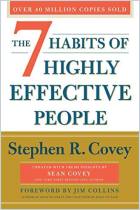
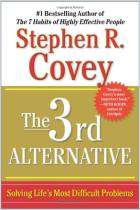
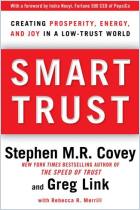
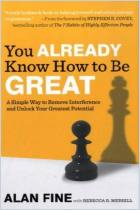
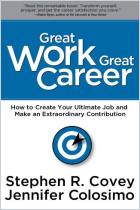
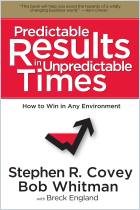
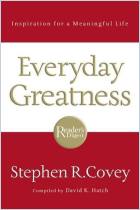
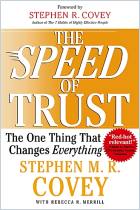
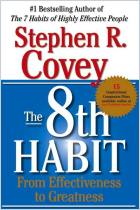
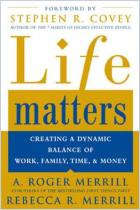
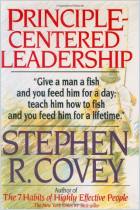

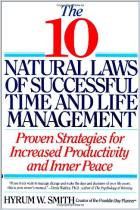
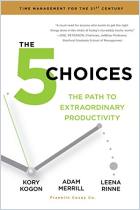
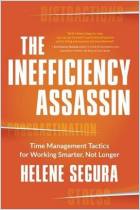

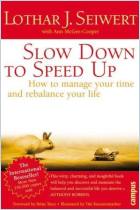




Comment on this summary or Comenzar discusión